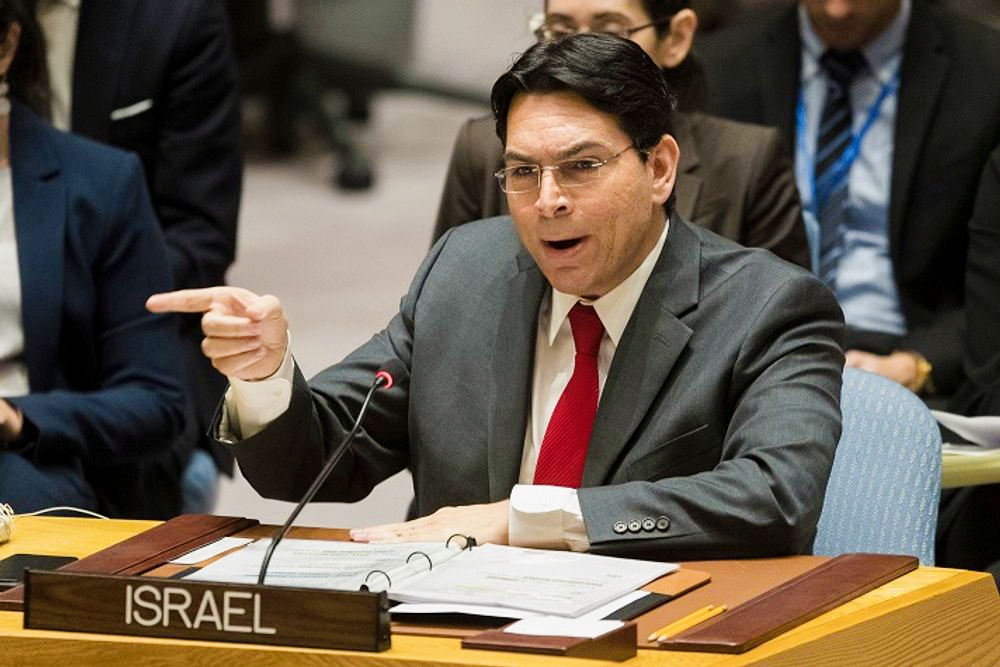In a tense session inside the International Security Council last night, the Israeli representative to the United Nations, "Danny Danon," stated that the United States "saved the world from a nuclear disaster," referring to the recent attacks carried out by Washington against Iranian facilities.
Danon said, "Iran used international negotiations for camouflage and to buy time to build missiles and enrich uranium," adding that "the cost of inaction would have been catastrophic," and considered that "what happened was a form of the last line of defense when all other lines fail."
He emphasized that "if Iran became a nuclear state, it would be like a death sentence," in reference to what he sees as an existential threat to Israel and the region.
On the other hand, the Iranian representative to the United Nations, "Amir Saïd Eravani," responded to Danon's statements, confirming that Tehran reserves the right to respond to American attacks, saying that "our armed forces will determine the timing, nature, and scope of the appropriate response to the American aggression," indicating that the Iranian response is forthcoming, but without specifying a date or details.
Eravani added that "all American allegations against Iran are baseless, lack legal basis, and are based on purely political motives."
He continued: "The United States fabricated pretexts to attack my country, which is a blatant violation of international law."
He concluded his statement by directly accusing the United States of "sacrificing its national security to support Netanyahu," referring to Israeli Prime Minister Benjamin Netanyahu, who faces increasing internal pressure due to military escalation in Gaza and the region.
These mutual statements come amid a dangerous escalation in the region, especially after the American strikes on Iranian sites that Washington said were aimed at protecting Israel and deterring Iranian nuclear threats.
Meanwhile, Iran announced that the response will be "deliberate and proportionate to the scale of the aggression."
In the same session, Russia and China expressed similar positions calling for de-escalation, with Moscow presenting a resolution calling for an immediate ceasefire, and Beijing warning of losing hope in peaceful solutions.
This verbal escalation comes at a highly sensitive time, amid growing warnings of a potential regional explosion if the situation between Iran and Israel spirals out of control, especially in light of the exchange of military threats and the overt American support for Israel.

